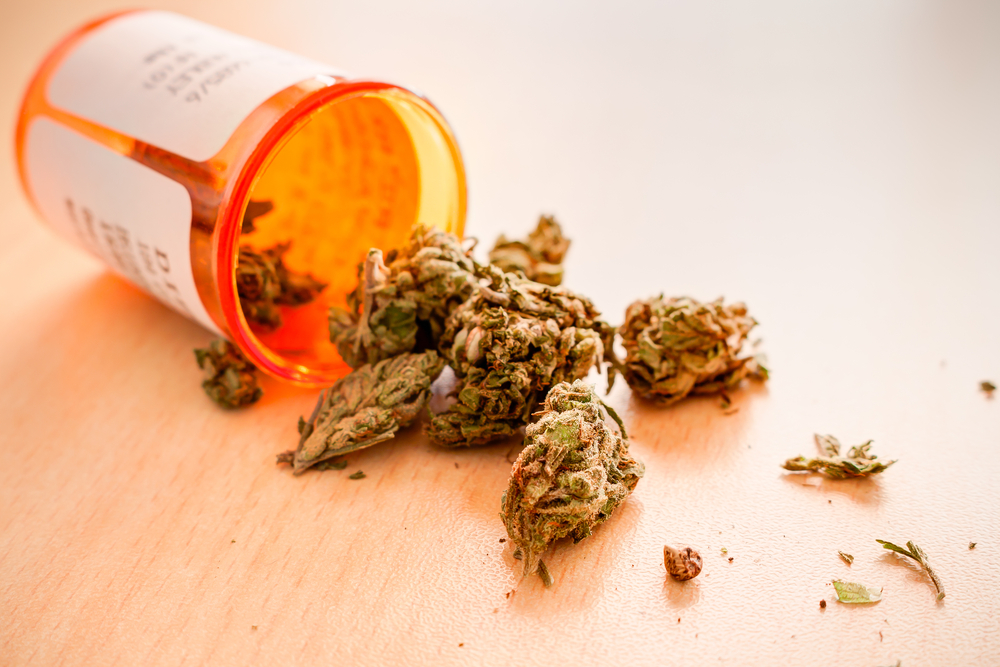Marijuana Disposal Rules You Should Know – When it comes to marijuana disposal efforts, the various rules subject to state mandates make a waste management plan a must.
The use of marijuana for medicinal and recreational purposes has been growing across the nation since 2010 and as more states open up to allowing retailers and consumers to utilize the herb, important rules about the safe disposal of that waste cannot be overlooked.
Marijuana, or Cannabis waste, is defined as being both hazardous and non-hazardous. This can include residue from leftover marijuana oils or anything that contains even a remnant of cannabis – to very large amounts and medicinal grade marijuana that must be disposed of. In some states, these are classified as hazardous waste.
New York and New Jersey have both just recently legalized marijuana and joined many other states now – all with unique rules on the use, production, distribution, and resale of marijuana.
When it comes to disposal efforts, the various rules subject to state mandates make a waste management plan a must.
The first step is to know the rules in your state. Non-hazardous waste will typically only need to be rendered unusable before it is tossed.
The main concern is the disposal of the cannabis flower which contains tetrahydrocannabinol (THC)—other parts of the waste such as the stalk, stem, and roots can enter the waste stream with minimal environmental impact or contamination concerns.
Per the EPA, this waste also must be made “unusable and unrecognizable” by mixing it in with food, dirt, or other non-hazardous waste before tossing it.
This disposal can happen via a landfill, composting, incineration, or through waste disposal service providers.
When the waste is classified as hazardous however, it will need to be handled following specific disposal steps to remain within regulations. This is where working with a professional waste hauler is key. These providers will be licensed and permitted to recycle and/or destroy controlled substances and provide the necessary proof of that disposal in accordance with the law if needed.
In Massachusetts for example, The Department of Environmental Protection says cannabis is considered a “commercial organic material” and is banned from disposal in regular trash when a large amount of waste is generated (1 ton or more per week). In states like NJ and NY where the legalization is still very new, rules for waste handling are still being developed. As a general rule of thumb, the basic principles of rendering the matter unusable and unrecognizable are still recommended to be followed as new laws are enacted.
If you operate a business that generates cannabis waste and have questions about disposal efforts or want to ensure your facility is in regulatory compliance we can help. Contact MedXWaste today!
You Might Also Like:
- It’s Flu Season: Waste Management Solutions for Vaccines
- What Happens to Medical Waste When It Leaves Your Facility
- What is Cradle to Grave Processing?

Service Areas: Long Island Medical Waste; New York City Medical Waste; Westchester Medical Waste and more!

